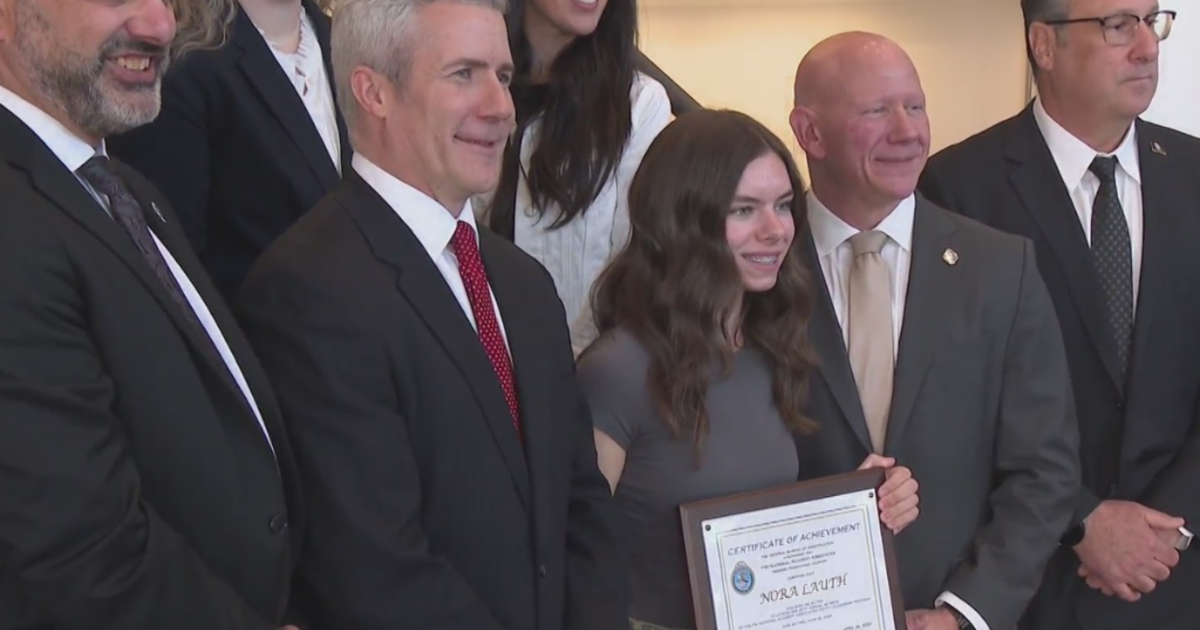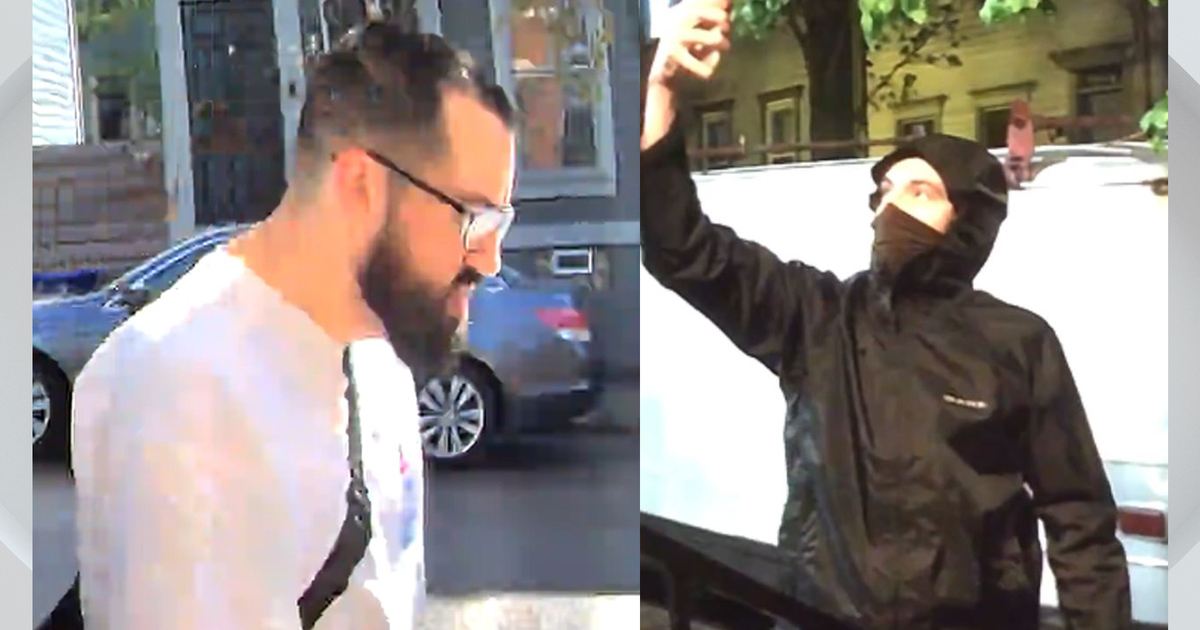Coronavirus In Pittsburgh: Pitt Researchers Unveil Potential COVID-19 Vaccine
PITTSBURGH (KDKA) -- The University of Pittsburgh School of Medicine is unveiling a possible candidate vaccine for the Coronavirus pandemic that has spread across the world.
Multiple medical doctors and PhDs were involved in the collaboration at the University of Pittsburgh and UPMC, and funding came from three NIH institutes.
Their work on this new vaccine delivery method is being published in the peer-review journal, Lancet's EBioMedicine. Click here to see and read the report.
Doctors believe it could change the way vaccines are delivered to people worldwide.
It looks like a small piece of Velcro, and it is officially called a Microneedle Array.
"It's a lot like a band-aid with hundreds of small needles. In this particular case, the needles are made out of the sugar substance, and we actually incorporate the vaccine directly into the needles," Dr. Louis Falo, of the University of Pittsburgh School, said.
Researchers from @PittHealthSci tested a potential vaccine against SARS-CoV-2, which produced SARS-CoV-2 antibodies in mice at quantities thought to be sufficient for neutralizing the virus. The vaccine is delivered through a fingertip-sized patch. https://t.co/rxYKTQ8NhO pic.twitter.com/AZzrCKN9jQ
— UPMC (@UPMCnews) April 2, 2020
Combine that innovation with the research of a man who has worked on coronaviruses for years, including the first SARS outbreak in 2003.
"Back then, we didn't have the knowledge that we have now on what is needed to, to build an effective vaccine against coronaviruses in general. That was the first emerging that coronavirus," Dr. Andrea Gambotto, of the University of Pittsburgh School of Medicine, said.
Now those years of research and understanding are being combined with the new technology.
"With that, now we think we have generated that format of vaccine that they could be very effective. It could be relatively easy to manufacture and to apply," Dr. Gambotto said.
From a clinical standpoint, Dr. Falo says the microneedle array has many advantages.
"So, this is an incredibly safe approach. There is no bleeding with this approach, there's no pain because the needles are not long enough to reach the circulation or nerves," said Dr. Falo. "In addition to that, the amounts of antigen that we're using are so small that they don't cause any adverse effects, in and of themselves."
Each of the 400 microneedles are the width of a human hair, and they are only a half a millimeter long. The whole thing is made of liquid sugar and mixed with the antigen doctors want to use in their vaccine.
"When the microneedles are hard, they're able to penetrate the outer layers of the skin. And, then, as they absorb moisture, they actually dissolve and release the antigen into the skin, so the needles are actually the vaccine," Dr. Falo added.
Dr. Falo hopes the next step is approval to take the microneedle array candidate to clinical trials, but says the most important thing is to find an answer.
"The only competition here is the competition with the virus," he said. "I think we're all trying to work in the same direction. I think it's better when we don't compete with each other that we work together on this, and I think the virus is the real enemy here."
So what is next?
Dr. Falo says they have started the process of filing for phase one clinical trials with the Food and Drug Administration, but it is a lengthy process often spanning years.
However, in light of the worldwide pandemic, researchers are hopeful they will receive approval and be allowed to move forward with additional testing.
More information on the Coronavirus pandemic:



